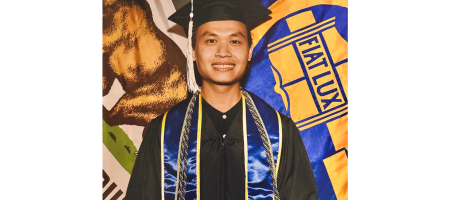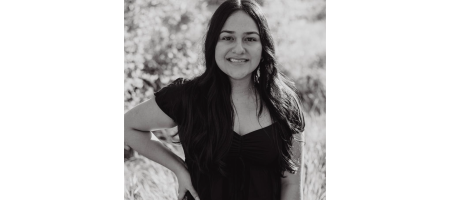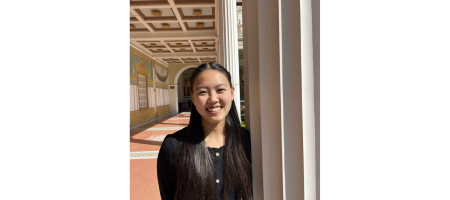Student Spotlight – Loc Bui
Meet UCLA undergraduate researcher Loc Bui!
Loc majors in Asian American Studies and participated in the Summer Research Incubator. The title of his project is “Challenge for Growth or a Burden: A Study about Undocumented, Refugee, and Immigrant Students.” Loc’s work relates to his own story as an immigrant student learning to navigate a new education system in the U.S. and explores the topic through the lenses of students with similar life experiences. His best piece of advice is to “find your inner flame and be patient because once it ignites, you will see beautiful things.”
How did you first get interested in your research project?
This research project relates to my personal story: being a student with an immigrant background and navigating the education system in the United States. Therefore, I am very self-motivated to explore this experience from the lens of other students with similar or overlapping lived experiences.
What has been the most exciting aspect of your research so far?
Having the opportunity to work with an amazing team of peers, mentors, and the director of the SRI program has been the most exciting aspect of my research experience so far. I also get to hear from professors and well-established researchers at UCLA. On top of that, having the chance to study my identity and community is not only rewarding, but it is also an honor for me to do the work on behalf of a bigger population.
What has surprised you about your research or the research process?
I jumped into this research project with nothing but curiosity and an ambition to learn and grow both personally and professionally, and the skills that I learned from this research program are both surprising and helpful. Furthermore, I am also surprised by how time-consuming it is to conduct a research project. Sometimes, a single question or obstacle can take many days for me to figure out and revisit to polish it.
What is one piece of advice you have for other UCLA students thinking about doing research?
You are brave to even think about doing research because you are making yourself known, and exposure like this can be uncomfortable. Doing a research project can be tedious and repetitive at times, so find your inner flame and be patient because once it ignites, you will see beautiful things.
What effect do you hope your research has in your field, at UCLA, in your community, or in the world?
I hope that my research topic and findings will further research in interdisciplinary fields such as Ethnic Studies, Critical Refugee Studies, and Labor Studies. I intend for my research not only to echo what has already been said but also to expand the horizon for the field and my community at UCLA and beyond. I also hope to see more donors who would invest in such research as my area of interest and more students who already possess great potential to do such honorable work researching an underprivileged but immeasurably strong population.




